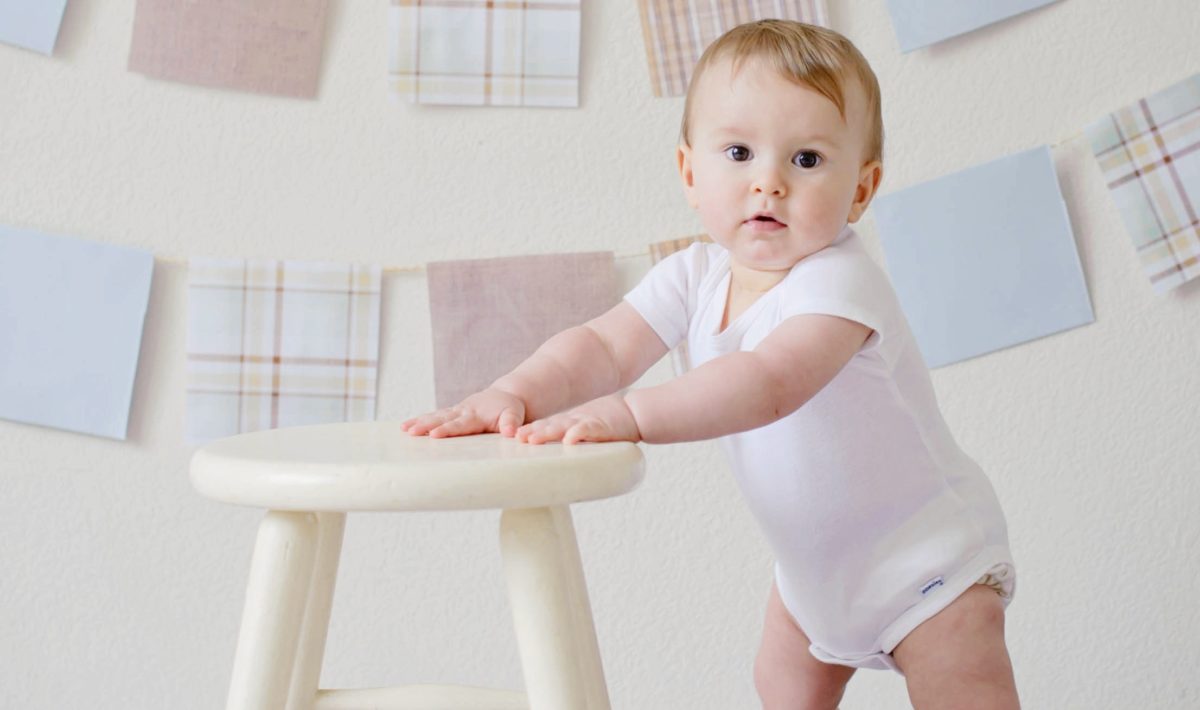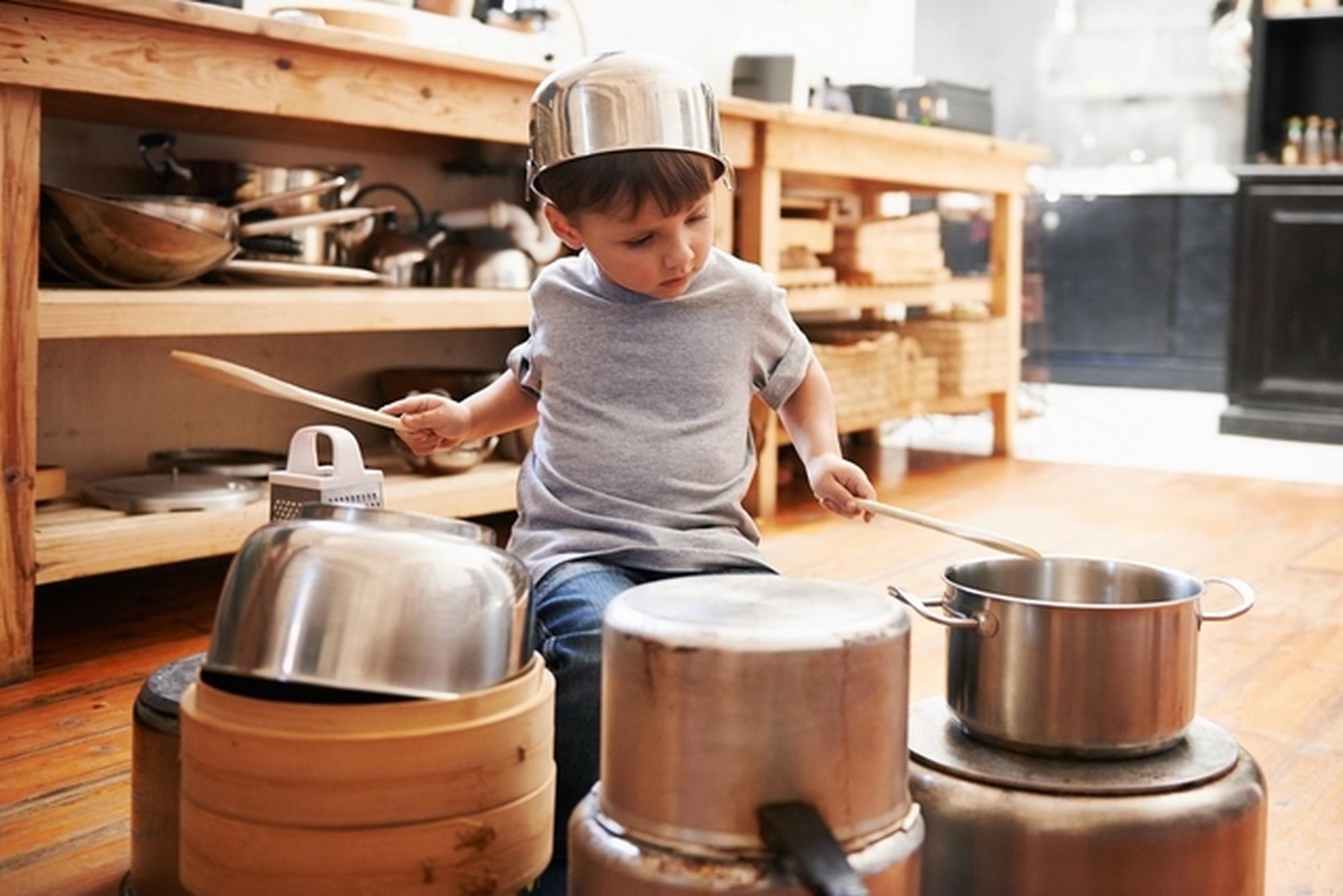Why play is important (Part 2)
If you haven’t read part 1, please click here
MỤC LỤC
Toddlers: play ideas to encourage development

Here are some ideas your toddler might enjoy:
- Big and light things like cardboard boxes, buckets or blow-up balls can encourage your child to run, build, push or drag.
- Chalk, rope, music or containers can encourage jumping, kicking, stomping, stepping and running.
- Hoops, boxes, large rocks or pillows are good for climbing on, balancing, twisting, swaying or rolling.
- Dress-up games with scarves, hats and so on are good for imagination and creativity.
- Hills, tunnels or nooks can encourage physical activities like crawling and exploring.
If you put on some favourite music while your toddler plays, she can also experiment with different sounds and rhythms. You might also like to sing, dance and clap along to music with your child.
Preschoolers: play ideas to encourage development

Here are some ideas to get your preschooler’s mind and body going:
- Old milk containers, wooden spoons, empty pot plant containers, sticks, scrunched-up paper, plastic buckets, saucepans and old clothes are great for imaginative, unstructured play.
- Simple jigsaw puzzles and matching games like animal dominoes help improve your child’s memory and concentration.
- Playdough and clay help your child develop fine motor skills.
- Favourite music or pots and pans are great for a dance concert or to make up music.
- Balls can encourage kicking, throwing or rolling.
When you’re encouraging your child to kick or throw, try to get him to use one side of his body, then the other.
School-age children: play ideas to encourage development

Your school-age child can have fun with the following objects and activities:
- Furniture, linen, washing baskets, tents and boxes are great for building cubbyhouses.
- Home-made obstacle courses can get your child moving in different ways, directions and speeds.
- Games like ‘I spy’ are great for word play and help develop literacy skills.
- Simple cooking and food preparation activities are great for developing numeracy and everyday skills.
- Your child’s own imagination: with imagination, your child can turn herself into a favourite superhero or story character.
If your child is interested, you could think about getting him into some sports or team activities for school-age children. Other possibilities include after-school or holiday art and craft activities.
If your child doesn’t want to play
There might be times when your child doesn’t want to play – for example, he could be tired or bored by doing the same activity for too long. This is normal and usually nothing to worry about.
But sometimes a lack of play – or a lack of interest in play – can be a sign of a developmental disorder.
Consider speaking with a health professional or your child’s educator if:
- Your baby doesn’t seem to get into interactive play like peekaboo
- Your toddler has only a narrow interest in toys, or doesn’t use toys in a functional way – for example, is only interested in spinning the wheels of a toy car instead of driving it around the room like other children the same age your preschooler isn’t interested in playing with other children, or isn’t interested in playing pretend games.

